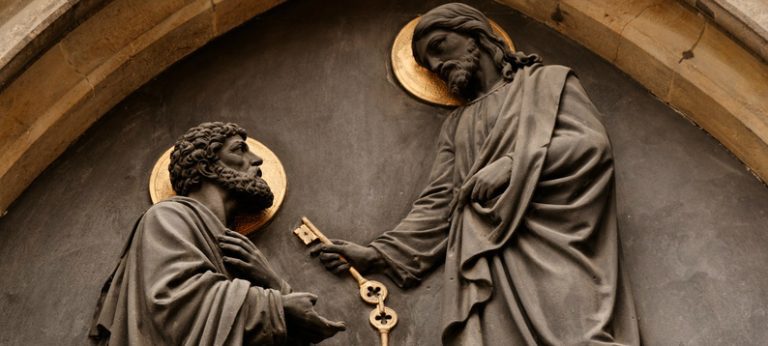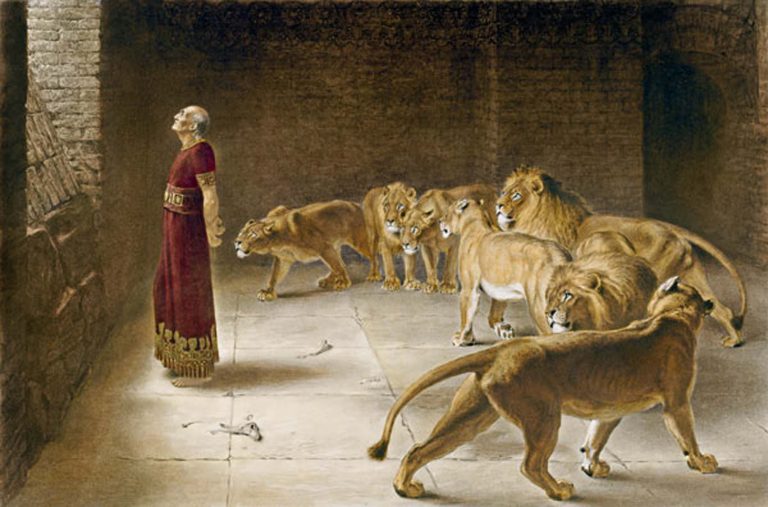When someone can air-condition their home and make it more comfortable, value has been added to it. When, as the preceding column indicates, someone makes the air conditioner more expensive simply by passing laws that make it so, the home is proportionately lowered in value.
A law of economics: If laws make things more expensive than either their intrinsic benefit or add cost in damage to others, the country that allows such laws to be passed will have a date of collapse that is advanced proportionately to the number of such laws that have been passed. We do not like drunk drivers, so we fine them heavily. But, if the driver is not drunk, and the state similarly allows drivers with such low levels of alcohol as to be functionally unimpaired to be heavily fined, corruption becomes entrenched as part of the taxing/funding mechanisms. Fining people who really are not hazards to others is an obvious sign that corruption is already at a level that it is almost impossible for it to do anything but increase. Mentioning this will usually not prompt anyone whose pay is connected with the unnecessary fines to stop that involvement.
If someone invents a wonderful process that allows leaves and grass clippings to be directly transformed into something nutritious with a taste and texture that cannot be distinguished from beef, it will generate a certain amount of business that’s directly proportional to the costs involved. The less expensively any such substitute for an existing product can be made and sold, and the more similar it is to the product it replaces, the more of it will be sold.
If a public official in a city sees people moving to nearby rural areas to lower their costs of living, he may organize officials in other cities to encourage state legislators to make it difficult for people to move to the country. They may decide to use organizations that are purported to “help protect the environment” to pass laws making septic tanks so expensive that hardly anyone will be able to afford to move to the country. That will keep more people locked into paying higher taxes. Continuing to tax them at high rates also makes it less likely that they will have children. Thus, the nation is weakened while the salaries, benefits, and pensions of the city workers are protected for a few years.
What happens when nations are weakened by corruption? Lots of people are skilled at making a living by finding and attacking those weaker than themselves. The smartest of them are concerned with more than increasing their own business ventures. When a Napoleon or Genghis Khan, for instance, sees a corrupt state, they know that it is too weak to defend itself, and grows weaker as its rot and corruption increases. They understand the difference between soft and hard targets, and focus on softening by further corruption. When the country is so weakened that its defense will cost the attacker a lot less than he will spend in the attack, his forces will be launched.
A corrupt state like the Ottoman Empire may take a century to fall. The French Revolution spawned a state so corrupt that it only survived a few decades.








